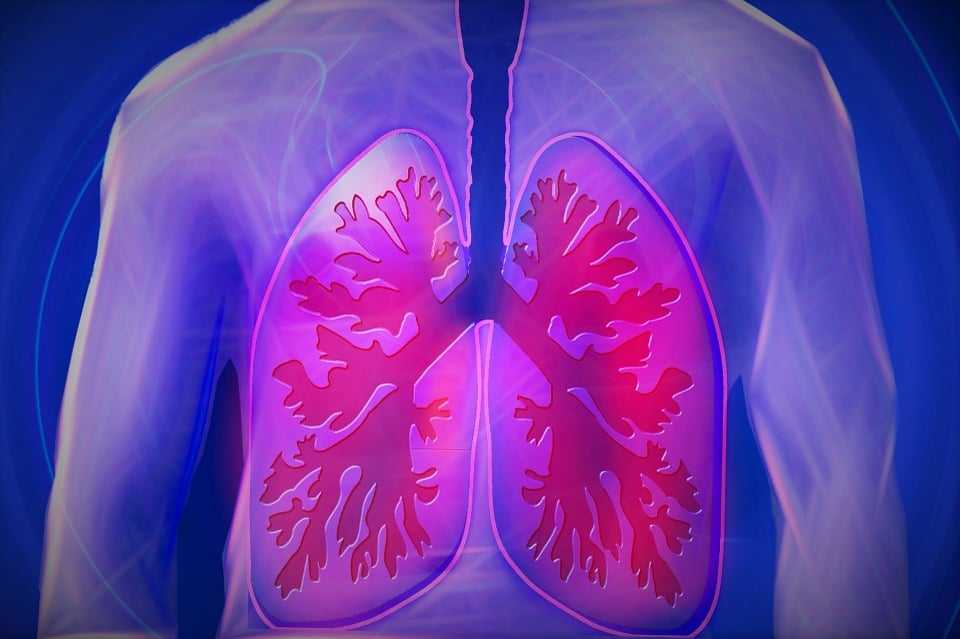
Veterans who served in Vietnam, the Korean Demilitarized Zone (DMZ), and near the perimeters of US military bases in Thailand may have been exposed to Agent Orange. Agent Orange is a herbicide that was used by the US military primarily during the Vietnam War to clear foliage used for cover. However, the negative side effects associated with the herbicide are widely known.
The negative side effects of Agent Orange exposure are so common that the VA has listed a variety of different disabilities they presume to be caused by exposure to the herbicide. One of those disabilities is lung cancer.
Lung cancer, as the name suggests, is a form of cancer that originates in your lungs. Lung cancer is so serious that it is the leading cause of cancer deaths in the entire world. Veterans who are currently suffering from lung cancer are entitled to benefits if they can prove it is related to their time in service, which should be fairly straightforward if a Veteran can prove they were exposed to Agent Orange while serving.
There are two different types of lung cancer:
Lung cancer typically does not show signs or symptoms in the early stages. However, as the disease advances, more and more symptoms may begin to show. According to Mayo Clinic, a nonprofit academic medical center, lung cancer symptoms include:
If you are a Veteran displaying any of these symptoms, it is important that you seek medical attention immediately.
Mayo clinic notes that the most common cause of lung cancer is smoking and second-hand smoke exposure. This happens because the smoke causes damage to the cells that line the lungs. However, Veterans who were exposed to Agent Orange are also at risk of developing lung cancer.
Veterans applying for disability benefits are required to prove 3 elements to receive service connection.
However, Veterans who were exposed to Agent Orange in service and later developed lung cancer do not need to prove as much. This is because lung cancer is a presumptive condition for Agent Orange exposure. What is a presumptive condition?
Basically, the Department of Veterans Affairs realized that some disabilities were so common among Veterans exposed to certain things that they presume the illness is related to service. In the case of lung cancer, they presume it is caused by Agent Orange exposure. Therefore, Veterans with lung cancer can receive disability benefits based off of presumptive service connection.
To prove service connection for lung cancer related to Agent Orange exposure, a Veteran only needs to prove one element
Veterans who were diagnosed with lung cancer and were exposed to Agent Orange in service are entitled to disability compensation. If you applied for disability benefits for lung cancer and you were denied, Berry Law can help. Berry Law was founded by a Vietnam Veteran, and our Veterans disability practice started from his commitment to helping fellow Vietnam Veterans in their fight for disability benefits.
If you need assistance appealing a VA decision, don’t hesitate to reach out to the Veterans at Berry Law. Contact Berry Law today for a free case evaluation.
Our monthly newsletter features about important and up-to-date veterans' law news, keeping you informed about the changes that matter.